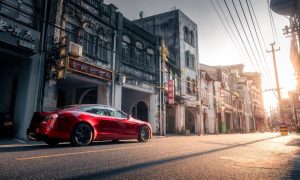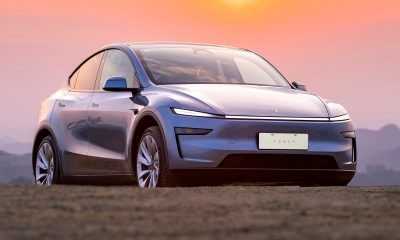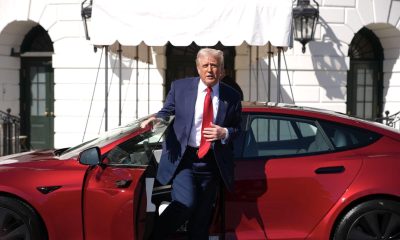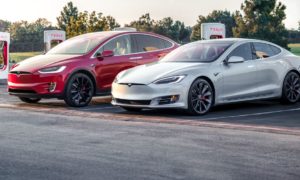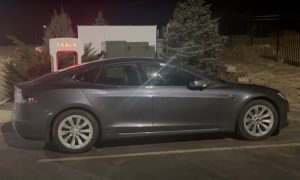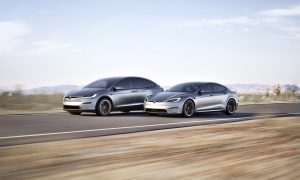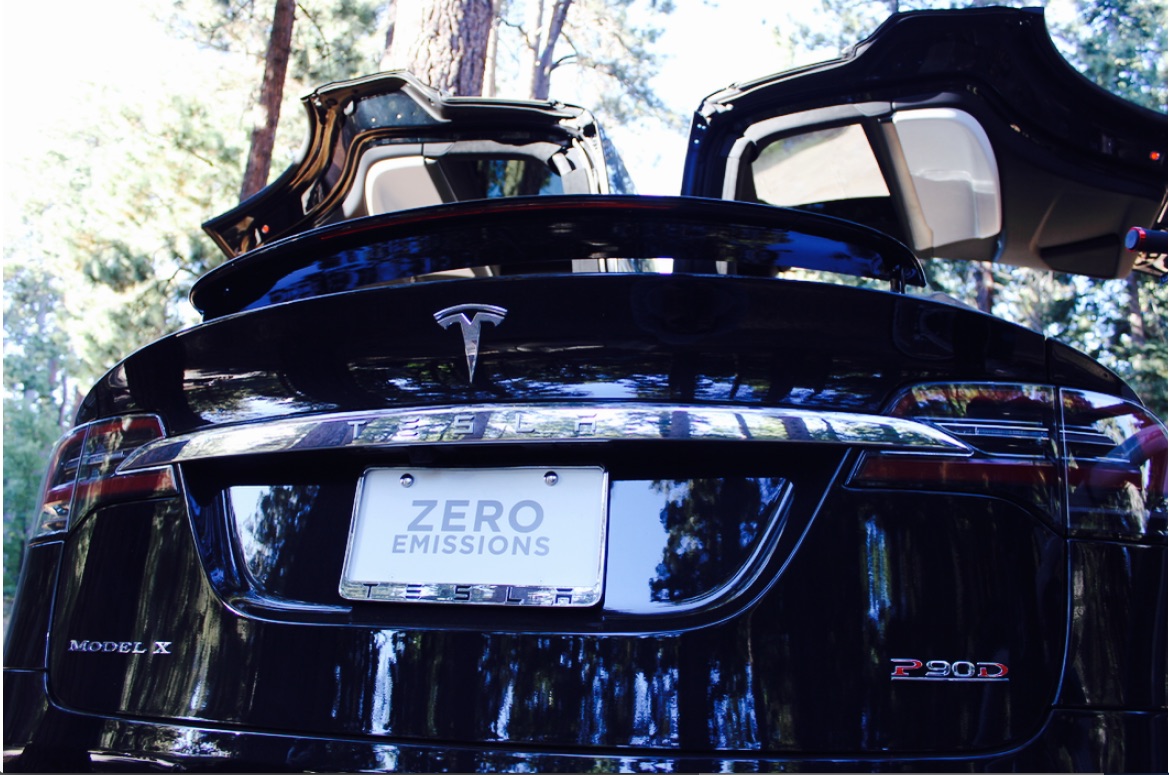

News
Signs that Tesla may soon discontinue the Model X P90D
It would appear that Tesla is anxious to sell down its stock of new Model X P90D cars according to the latest listing of inventory cars for sale by the Silicon Valley automaker. At the time of writing, nearly 85% of the vehicles listed on the company’s New Inventory page are for the Performance version of its 90 kWh Model X SUV which may suggest that production for the P90D may soon come to an end. With such a modest performance gap between the P100D and P90D, it makes sense to only offer one range topping configuration. But there may be more to the story.
Updated November 3, 2016: Tesla says goodbye to P90D Model S, X: P100D is the new king of the hill
Elon Musk has made it clear that people who opt for the P100D option in either the Model S or Model X are helping to fund development of the Model 3 — especially if the Ludicrous Mode upgrade is included. Tesla has a lot of balls in the air at the moment, especially with the proposed merger between it and SolarCity set to happen in less than a month. It needs to bring money in the door to calm nervous investors who fear the company his bitten off more than it can chew in terms of cash flow.
It is racing to expand its Supercharger network in preparation for having more Teslas on the road once the Model 3 goes into production. It needs to open more stores and service locations. And it needs to fund the SolarCity acquisition. The P100D variant likely has the highest profit margin for the company. With the pressure to bring cash in the door paramount at the moment, this is the perfect time to drop the less profitable P90D and maximize income.
Looking beyond the immediate moment, however, Tesla has always preferred to have two basic battery packs for its Model S and Model X. Right now it has four variants — 60 kWh, 75 kWh, 90 kWh and 100 kWh. The current 60 kWh battery is a software limited version of the 75 kWh battery pack. Eliminating the 90 kWh battery entirely would leave it free to offer a software limited version of the 100 kWh to customers who want something more than the 75 kWh unit but don’t want to spend the money for the 100 kWh choice.
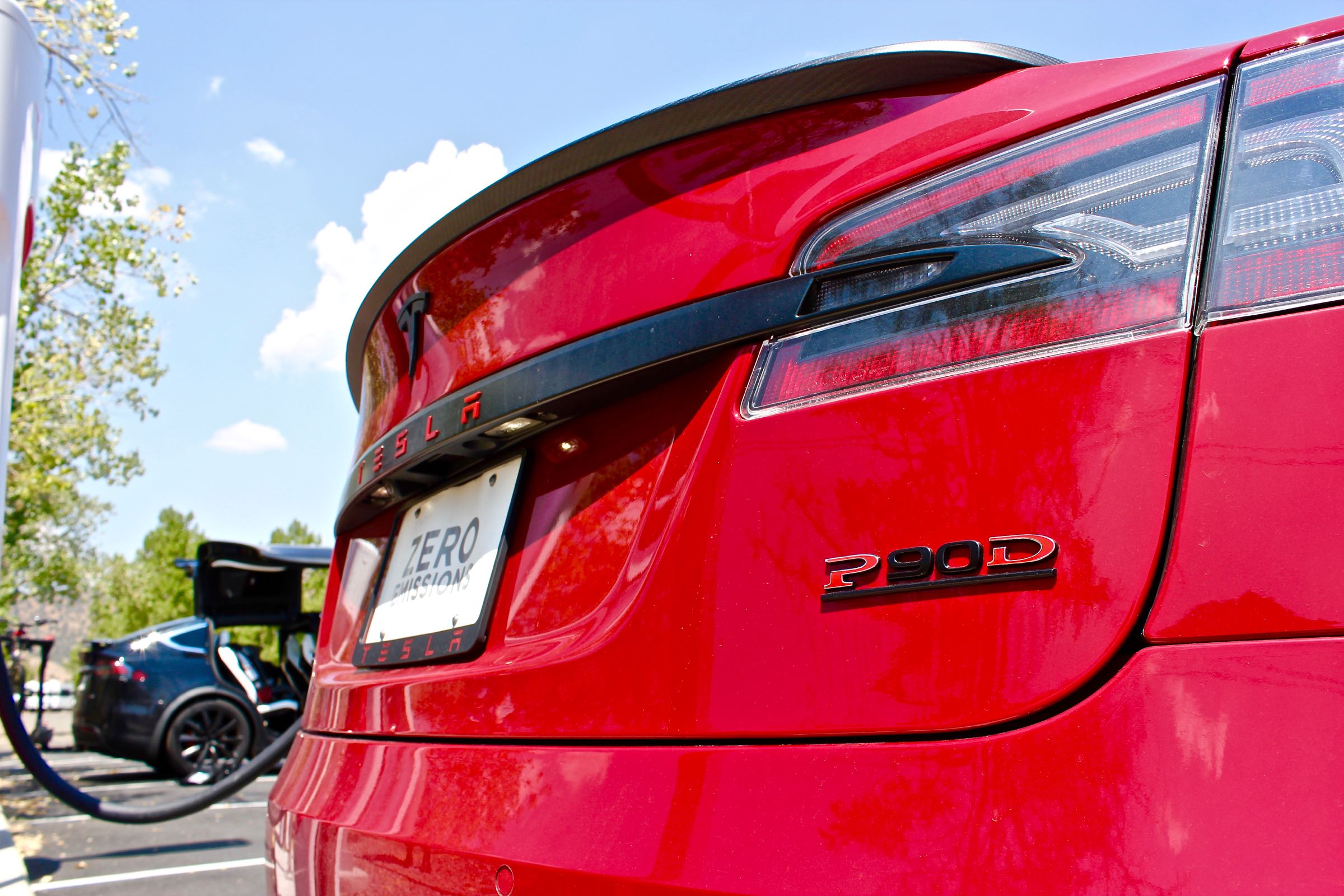
A pair of Model S and Model X P90D Ludicrous seen at the Gardnerville, NV Supercharger
The software limited 60 kWh battery costs $6,000 less than the original 60. That means Tesla could offer a software limited 90 kWh option for less money than the 90D costs today, which would give customers the range of options they want while allowing the company to save money by only building and stocking 2 basic batteries for its long range vehicles – a 75 kWh and 100 kWh battery pack. It wouldn’t come as a surprise if Tesla soon drops the P90D for both the Model S and Model X.
Tesla is charting new territory by offering features that can be unlocked later upon payment of a upgrade charge. All Teslas now come with the second generation hardware needed for its Enhanced Autopilot system. Buyers have a choice of activating that option at the time the car is built or upgrading later. The same is true of Full Self-Driving Capability. Because of Tesla’s ability to alter the configuration of its cars wirelessly at any time, a buyer today can elect to add features later if so desired. That capability should help keep the resale value of used Teslas high.
If you have your heart set on a Model X P90D or Model S P90D, both of which no longer have the Ludicrous mode upgrade available, better act fast before they’re all gone. You can save yourself a significant amount of money by not waiting until the higher priced P100D is the only option available.
News
Tesla robotaxi test details shared in recent report: 300 operators, safety tests, and more
Tesla has launched an initial robotaxi service for its employees in Austin and the San Francisco Bay Area.
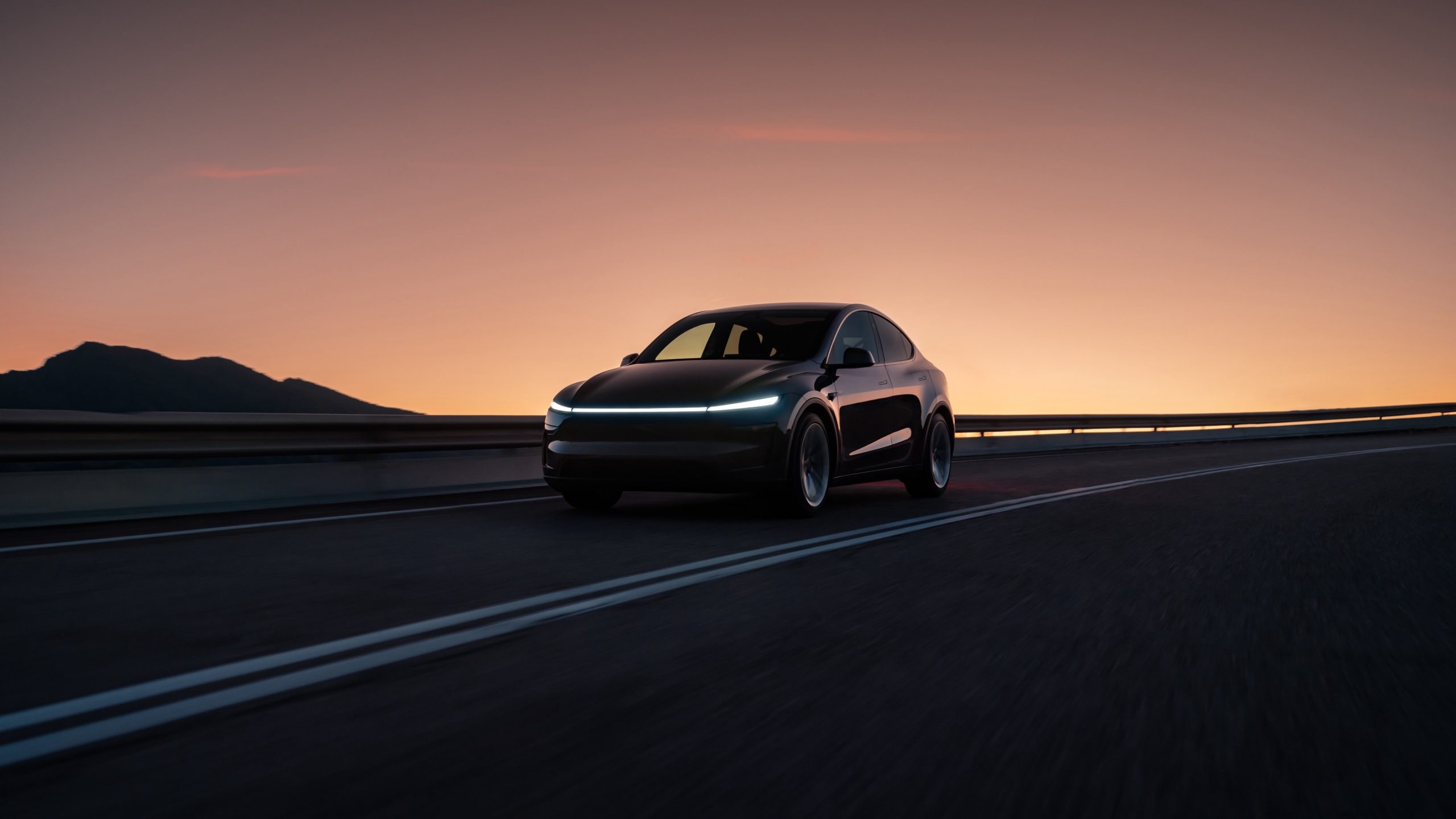
During the Q1 2025 earnings call, Tesla executives reiterated the idea that the company will be launching a dedicated robotaxi service using its Full Self Driving (FSD) Unsupervised system this coming June.
A recent report from Insider, citing people reportedly familiar with the matter, has now provided a number of details about the preparations that Tesla has been making as it approaches its June target date.
Remote Operators
As noted by the publication, about 300 test operators have been driving through Austin city streets over the past few months using Teslas equipped with self-driving software. These efforts are reportedly part of “Project Rodeo.” Citing test drivers who are reportedly part of the program, Insider noted that Tesla’s tests involve accumulating critical miles. Test drivers are reportedly assigned to specific test routes, which include “critical” tracks where drivers are encouraged to avoid manual interventions, and “adversarial” tracks, which simulate tricky scenarios.
Tesla has launched an initial robotaxi service for its employees in Austin and the San Francisco Bay Area, though the vehicles only operate in limited areas. The vehicles also use safety drivers for now. However, Tesla has reportedly had discussions about using remote operators as safety drivers when the service goes live for consumers. Some test drivers have been moved into remote operator roles for this purpose, the publication’s sources claimed.
While Tesla is focusing on Austin and San Francisco for now, the company is reportedly also deploying test drivers in other key cities. These include Atlanta, GA, New York, NY, Seattle, WA, and Phoenix, AZ.
Safety Tests
Tesla reportedly held training events with local first responders as part of its preparations for its robotaxi service, Insider claimed, citing documents that it had obtained. As per the publication, Tesla had met with the city’s autonomous vehicle task force, which include members of the Austin Fire Department, back in December.
Back in March, Tesla reportedly participated in about six hours of testing with local first responders, which included members of the fire department and the police, at a close test track. Around 60 drivers and vehicles were reportedly used in the test to simulate real-world traffic scenarios.
Interestingly enough, a spokesperson from the Austin Police Department stated that Tesla did hold a testing day with emergency responders from Austin, Williamson County, as well as the Texas Department of Public Safety.
Reported Deadlines
While Tesla has been pretty open about its robotaxi service launching in Austin this June, the company is reportedly pursuing an aggressive June 1 deadline, at least internally. During meetings with Elon Musk, VP of AI software Ashok Elluswamy’s team reportedly informed the CEO that the company is on track to hit its internal deadline.
One of Insider’s sources, however, noted that the June 1 deadline is more aspirational or motivational. “A June 1 deadline makes a June 30 launch more likely,” the publication’s source noted.
News
Atty who refused to charge six-time Tesla vandal sparks controversy
Despite the multiple offenses, Moriarty opted to enter Adams into an adult diversion program instead.
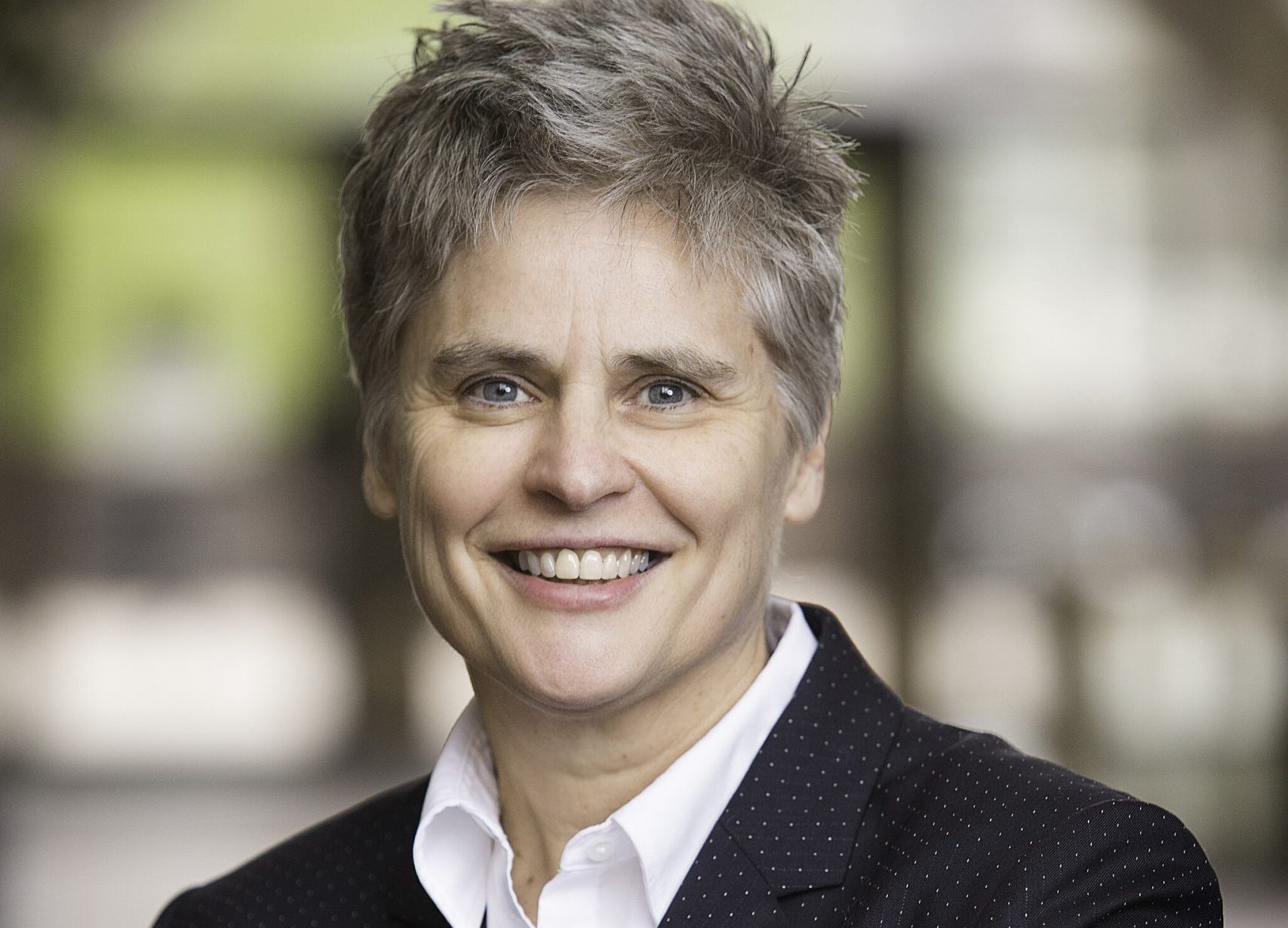
Hennepin County Attorney Mary Moriarty, who made the decision not to charge 33-year-old vandal Dylan Bryan Adams after he keyed six Teslas around Minneapolis last month, has found herself in the middle of controversy.
The controversy came amidst her decision to press charges against a 19-year-old first-time vandal who keyed one vehicle at the White Castle in Brooklyn Park.
The Tesla Vandal
Moriarty’s decision not to charge Adams after he keyed six Teslas was met with widespread criticism. Adams’ actions resulted in more than $20,000 worth of damages, more than $10,000 of which was to a single vehicle, as noted in a New York Post report. Yet despite the multiple offenses, Moriarty opted to enter Adams into an adult diversion program instead.
The fact that Adams is a state employee who works for the Department of Human Services as a program consultant triggered allegations that his dismissal might be partly influenced by Gov. Tim Walz. Walz is a staunch critic of Musk, previously stating that the falling price of TSLA stock gives him a “boost” in the morning.
As noted in a report from The Minnesota Star Tribune, Moriarty’s decision was so controversial that she was asked about the matter on Wednesday. In response, the attorney argued that her office made the decision outside of any political consideration. “We try to make decisions without really looking at the political consequences. Can we always predict how a story will be portrayed in the media or what people will say? No,” Moriarty stated.
Actually Charged
As noted by the Tribune, Moriarty has made arguments around the fact that Adams was a first-time offender, even if he opted to deface six separate Teslas. But even this argument has become controversial since Moriarty recently charged a 19-year-old Robbinsdale woman with no criminal record with first-degree felony property damage after she allegedly keyed a co-worker’s car. The damage incurred by the 19-year-old woman was $7,000, substantially less than the over $20,000 damage that Adams’ actions have caused.
Cases surrounding felony first-degree property damage are fairly common, though they require the damage to be over $1,000. The 19-year-old’s damage to her co-worker’s car met this threshold. Adams’ damage to the six Teslas he vandalized also met this requirement.
When Moriarty was asked about her seemingly conflicting decisions, she noted that her office’s primary goal was to hold the person accountable for keying the vehicle and get restitution to the people affected. She also noted that her office tries to avoid convictions when possible since they could affect a person’s life. “Should we have treated this gentleman differently because it’s a political issue? We made this decision because it is in the best interest of public safety,” she noted.
News
Tesla faces emission credits tax in Washington state
House Bill 2077 taxes emissions credits, mainly hitting Tesla. Lawmakers expect $100M/year from the taxes.
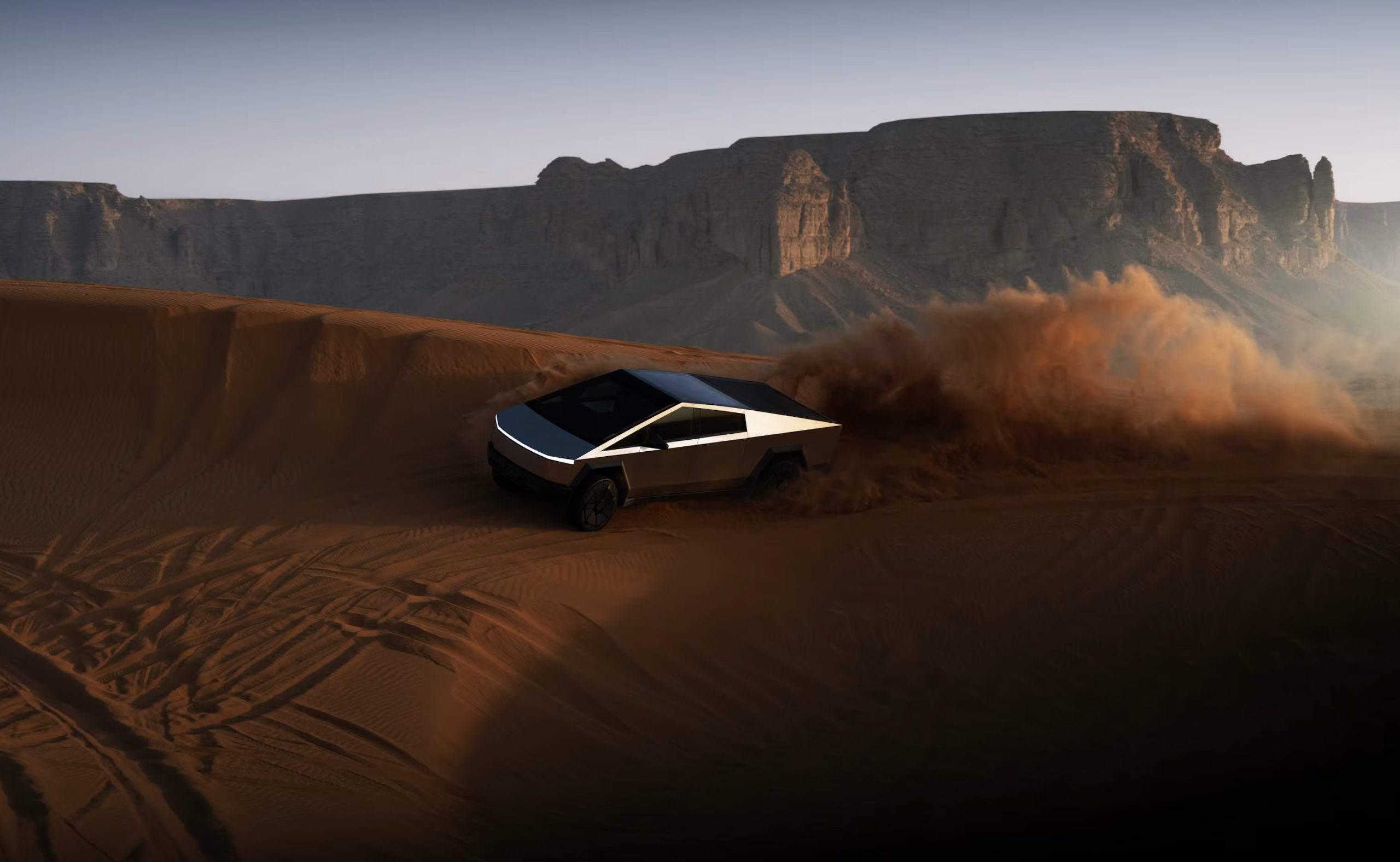
Washington state lawmakers are advancing a bill that would tax Tesla’s emission credits, targeting profits under the state’s clean vehicle policy. Lawmakers who support the bill clarify that the Tesla credit tax is unrelated to Elon Musk.
HB 2077, introduced in mid-April, seeks to impose a 2% tax on emission credit sales and a 10% tax on banked credits. The bill primarily affects Tesla due to exemptions for companies with fewer credits.
In 2022, Washington’s Department of Ecology mandated that all new cars sold by 2035 be electric, hydrogen-fueled, or hybrids, with 35% compliance required by next year. Carmakers selling more gas-powered vehicles can buy credits from companies like Tesla, which sells only electric vehicles.
A legislative fiscal analysis projects taxes on those credits would generate $78 million in the 2025-27 biennium and $100 million annually thereafter. About 70% of the taxes will be allocated to the state’s general funds, and the rest will help expand electric car infrastructure.
HB 2077 passed the state House eight days after its introduction and awaits a Senate Ways and Means Committee vote on Friday. At a House Finance Committee hearing, supporters, including union and social service advocates, argued the tax would prevent cuts to state services.
House Majority Leader Joe Fitzgibbon emphasized its necessity amid frozen federal EV infrastructure funds. “We didn’t have a budget crisis until this year. And we didn’t have the federal government revoking huge amounts of federal dollars for EV infrastructure,” he said.
Tesla’s lobbyist, Jeff Gombosky, countered that the proposal “runs counter to the intent” of the state’s zero-emission policy. Rivian’s lobbyist, Troy Nichols, noted a “modest” impact on his company but warned it could undermine the EV mandate. Kate White Tudor of the Natural Resources Defense Council expressed concerns, stating, “We worry it sets a dubious precedent.”
Fitzgibbon defended the tax, noting Tesla’s dominant credit stockpile makes it “one outlier” that is “very profitable.” “That’s the kind of thing legislators take an interest in,” he said. “Is it serving the interest of the public for this asset to be untaxed?”
With the legislative session nearing its end, the bill remains a key focus in budget talks in Washington.
-
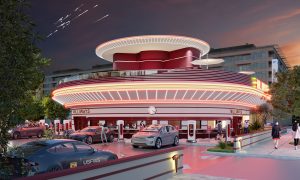
 News5 days ago
News5 days agoTesla’s Hollywood Diner is finally getting close to opening
-
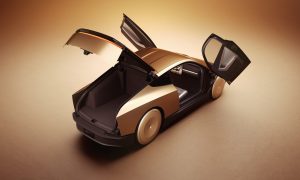
 Elon Musk1 week ago
Elon Musk1 week agoTesla doubles down on Robotaxi launch date, putting a big bet on its timeline
-

 News2 weeks ago
News2 weeks agoTesla’s top investor questions ahead of the Q1 2025 earnings call
-

 News2 weeks ago
News2 weeks agoUnderrated Tesla safety feature recognized by China Automotive Research Institute
-
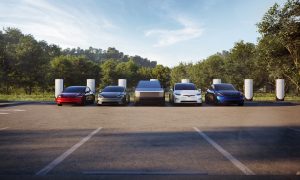
 News2 weeks ago
News2 weeks agoThese were the best-selling EV brands in the U.S. in Q1
-
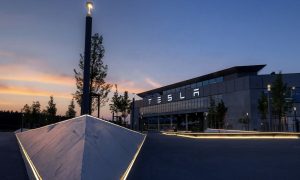
 News2 weeks ago
News2 weeks agoTesla Giga Berlin sets record for free EV charging park
-

 News2 weeks ago
News2 weeks agoTesla’s spring update arrives with adaptive headlights and more
-
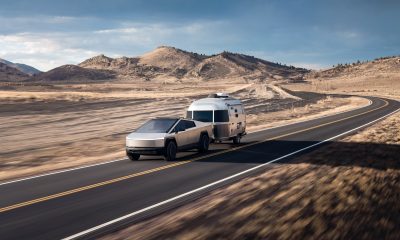
 News2 weeks ago
News2 weeks agoTesla released the Cybertruck RWD to make the AWD look like a deal


